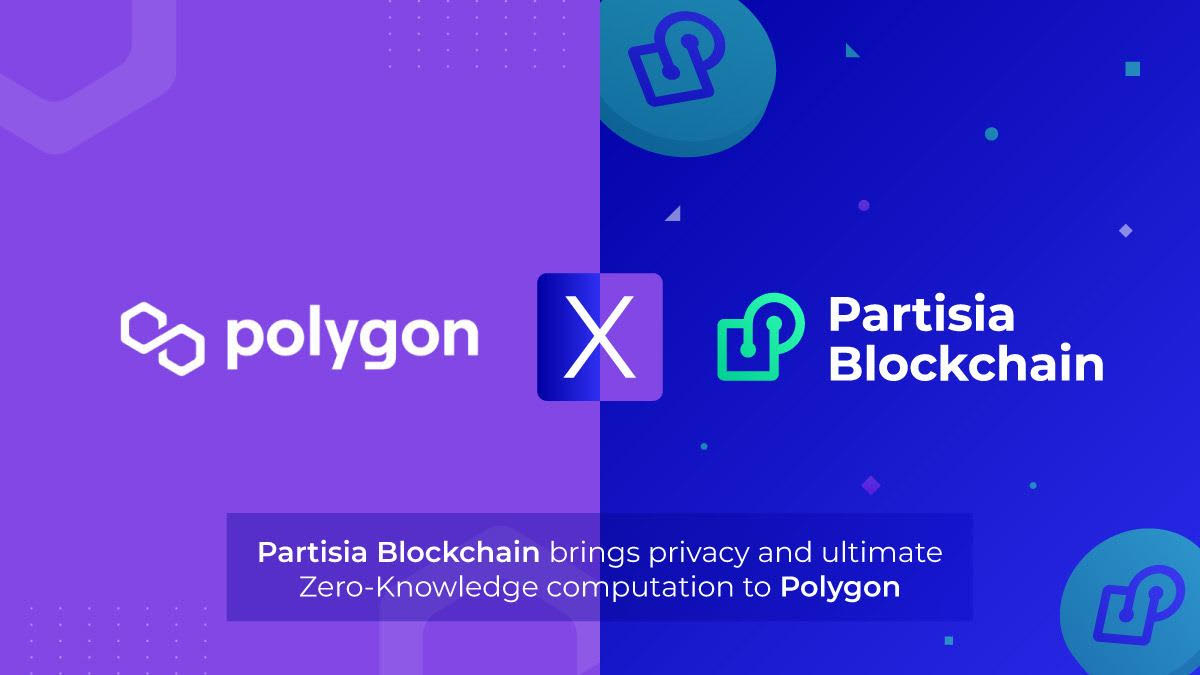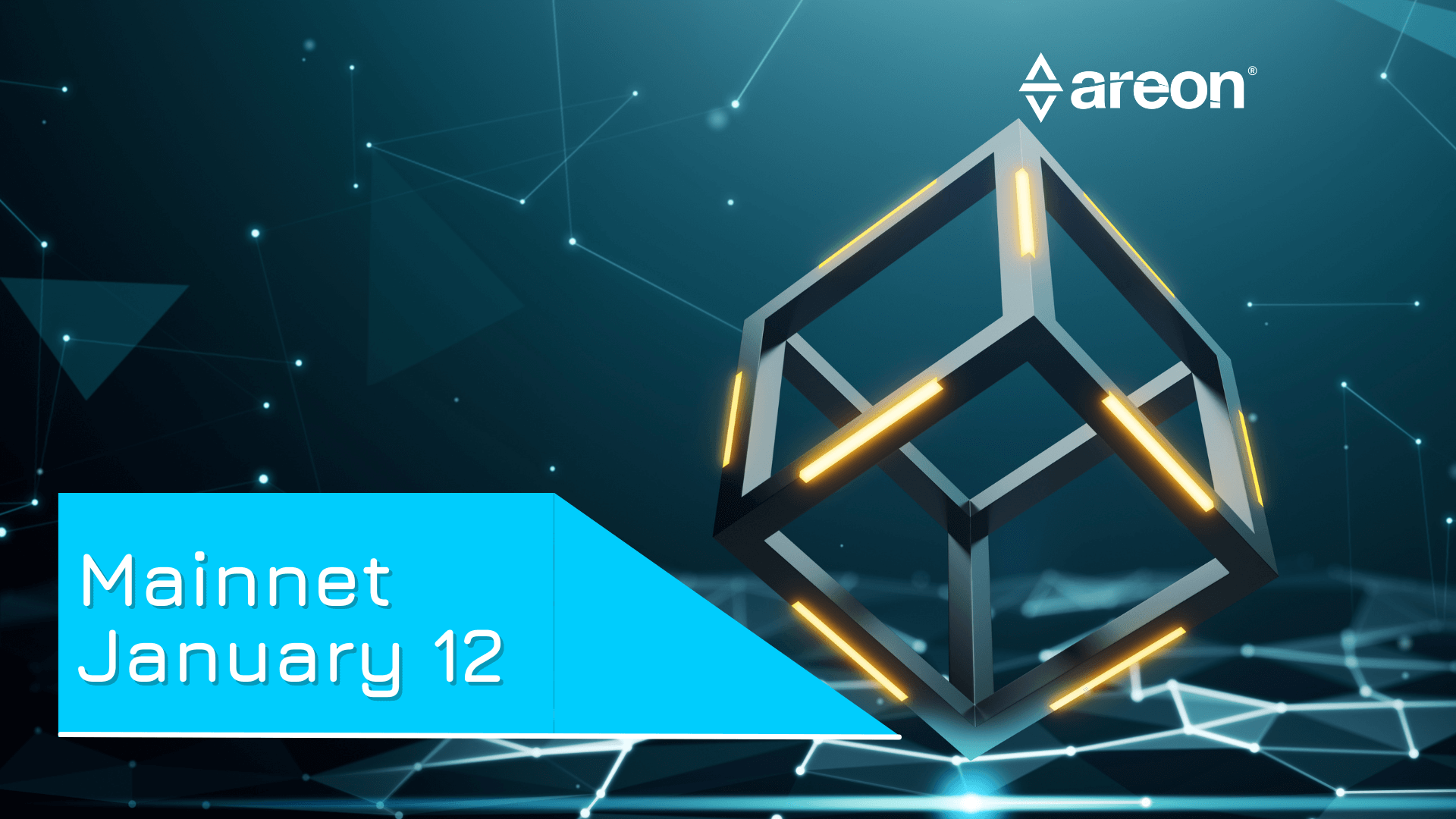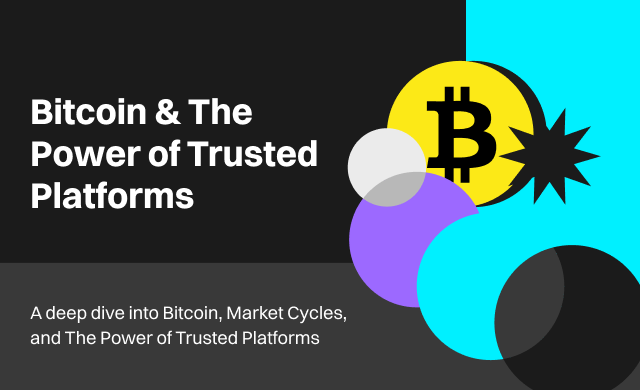Partisia Blockchain’s new Unified Smart Contract technology brings multi-party, zero-knowledge computation to Polygon, enabling developers to build new blockchain-based use cases
Partisia Blockchain Foundation, an independent non-profit supporting the development of the world’s ultimate zero-knowledge blockchain, announced some exciting news for Polygon developers last week. By integrating its Mainnet v3.0 into Polygon, the Ethereum scaling protocol now supports Partisia Blockchain’s privacy-preserving computation infrastructure, creating a new type of technology on the blockchain called a Unified Smart Contract.
Smart contracts are programs stored on a blockchain that run when predetermined conditions are met, and constitute the backbone of blockchain technology. Nowadays, smart contracts are either public or private. While public smart contracts are visible to everyone, it leads to a lot of private data being revealed, posing a problem for use cases that require maintaining discreet information. Meanwhile, private smart contracts protect against outside interference or malicious activity, but they cannot be easily audited or verified by third parties.
Partisia Blockchain’s Unified Smart Contract technology combines zero-knowledge proofs with multi-party computations, enabling Polygon developers to build use cases that require data confidentiality and privacy while using a public blockchain. “The integration of Partisia Blockchain’s unified smart contracts based on zero-knowledge, multi-party computation opens up countless new and exciting possibilities for all Polygon developers,” claimed Antoni Martin, Polygon Enterprise Lead.
Brian Gallagher, Co-Founder of Partisia Blockchain, assured that “This technology will drastically transform the way businesses and individuals interact with each other.” Certain to play a role in the industry’s future as developers gain the potential to build hundreds of Polygon-powered use-cases, the possibilities include:
- Decentralized search engines – Today, advertising-based search engine models expose users to a bad experience, and to the risk of falling victim to click-bait, fake news, scams, and other malware. As an alternative, the “Better Internet Search" initiative has integrated Partisia Blockchain’s unified smart contract to serve a new, ads-free experience, and produce search results without collecting users’ private data. Encrypted data never gets decrypted, and any product information provided has been computed with MPC to be as relevant to the user's experience without personal data ever being decrypted.
- Monetizable data on decentralized social networks – In the short run, the better data protection of zero-knowledge MPC makes use of users' most valuable but sensitive data in a sound and regulatory-compliant way. In the long run, this has the potential to change the power structures operating in the internet economy of today and allow for more competition on the application and service levels. A good example is the “Data for Good” platform designed to allow anyone to donate data without disclosing personal information, using MPC and blockchain to strike the right balance between confidentiality and transparency.
- Management of private documents and contents – The ability to keep aspects of the contract private while still allowing for public verification is crucial in cases such as medical and health data, financial identity or credit scores, etc.
- Trade Finance industry and decentralized exchanges – The first large-scale and commercial use of MPC was a decentralized exchange conducted in 2008 by the team behind Partisia Blockchain followed by a number of MPC-based auctions within energy, finance, and telecoms. Partisia’s initial focus is on bridging different blockchains and allowing users to seamlessly move data and tokens from one blockchain and security paradigm to another. The aim is to increase participation in existing DeFi solutions and to lower the barrier to bringing DeFi to traditional markets.
- Private Auctions – With increasingly complicated supply chains and niche products, price setting and auctions are becoming an integrated part of many markets. In a unified smart contract, it is possible to keep track of buyers and sellers and the resulting trades while the bids remain confidential. Furthermore, the privacy aspect zero-knowledge MPC brings can also assist in eliminating the possibility of shill bidding, the practice of artificially boosting the price of an item through dishonest bids.
The integration came just days after it was announced that Partisia Blockchain Foundation appointed Hinrich Pfeifer to the position of Chief Operations Officer. Previously named Cardano Foundation’s General Secretary, Pfeifer’s vast expertise will play a role in the development of Partisia as he spearheads the Foundation’s rapid expansion to “deliver the promises that multi-party computation offers to different industries.”
Disclaimer: This article is provided for informational purposes only. It is not offered or intended to be used as legal, tax, investment, financial, or other advice.
Investment Disclaimer











